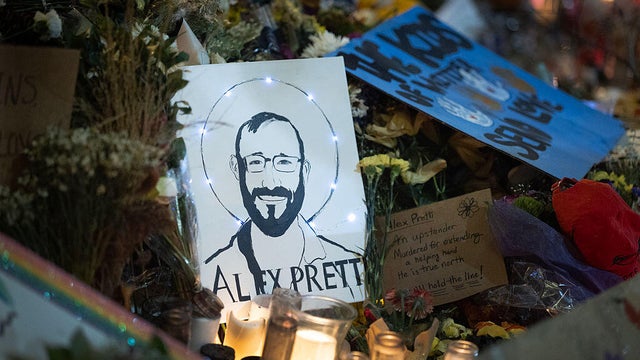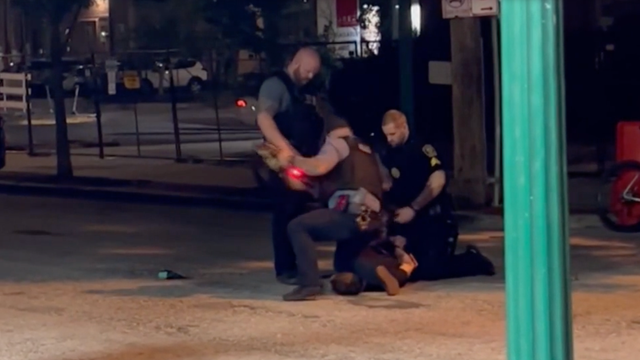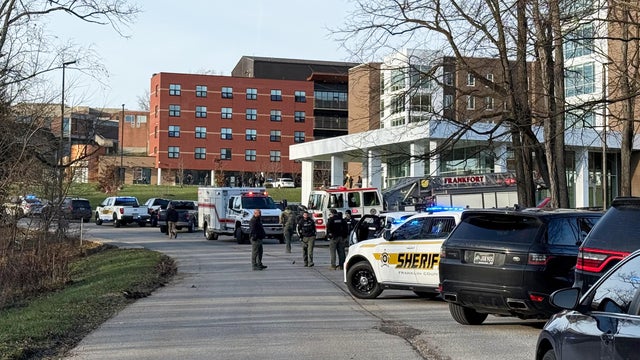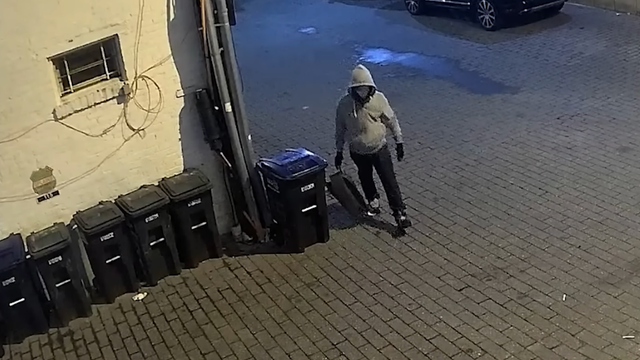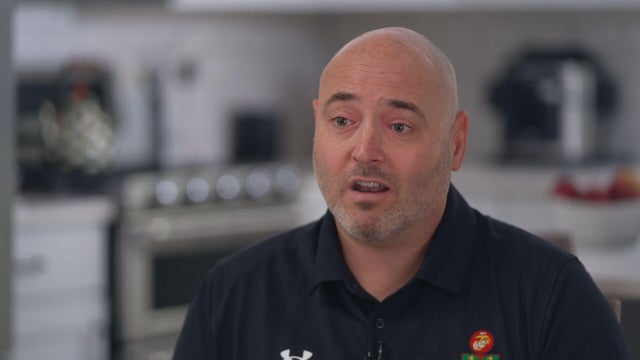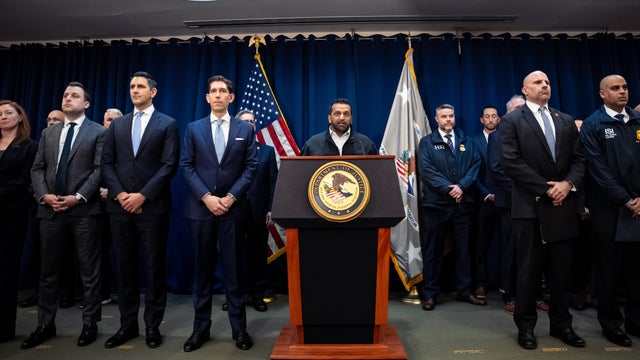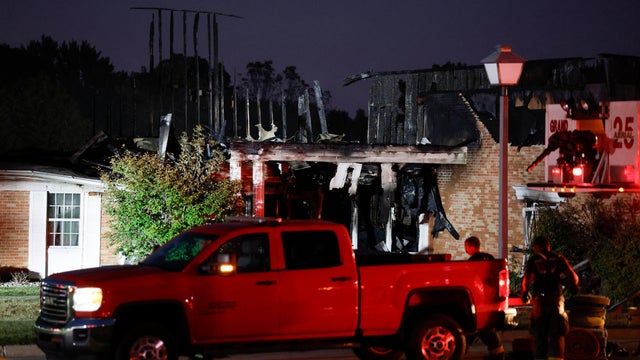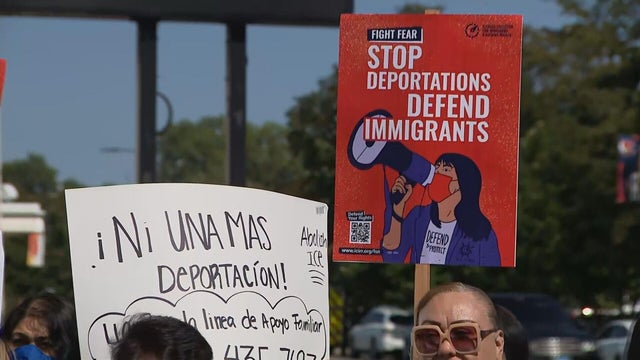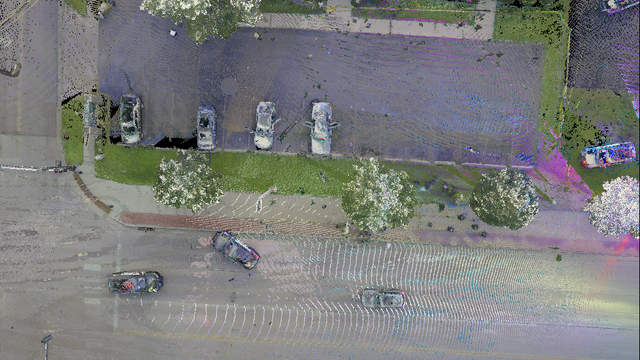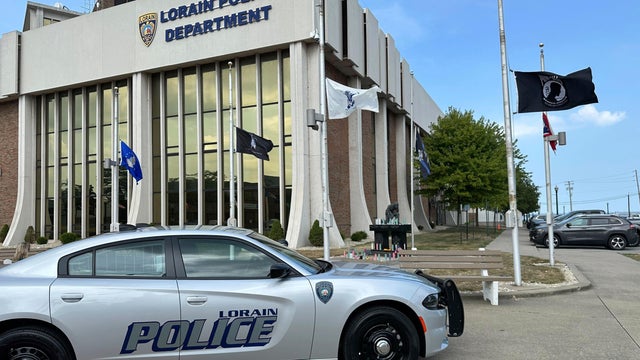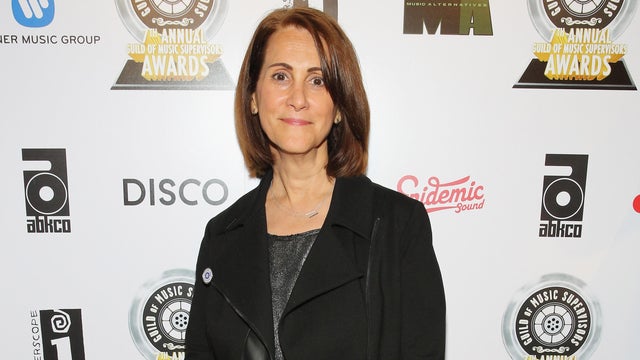Laura Geller is an Emmy, Gracie, Murrow, Associated Press and Telly winning journalist for CBS News. Laura's work as a national investigative producer in the CBS Crime and Pubic Safety Beat has impacted lives across the country. She joined the CBS News and Stations Innovation Lab in September 2023.
Over the course of 20 years in journalism, her stories have prompted changes and new legislation on a local, state and national level.
Before joining the CBS Innovation Lab, Laura worked on Capitol Hill, reporting and producing stories about the impact of the political process on people's every day lives.
Laura moved to Washington to join the investigative team at WUSA9. There, her award-winning work changed multiple laws and led to the creation of new ones. Laura's investigations focused on the military and military families, technology, crime, health and politics.
Prior to joining WUSA9, Laura investigated issues at WVEC-TV in Norfolk, Virginia, and NBC12 in Richmond, Virginia. She began her career in Tallahassee reporting on every branch of Florida state government.
Laura is the proud wife of a Navy retiree and mom to a spunky little girl. She was born and raised in New York and graduated from the Medill School of Journalism at Northwestern University.
